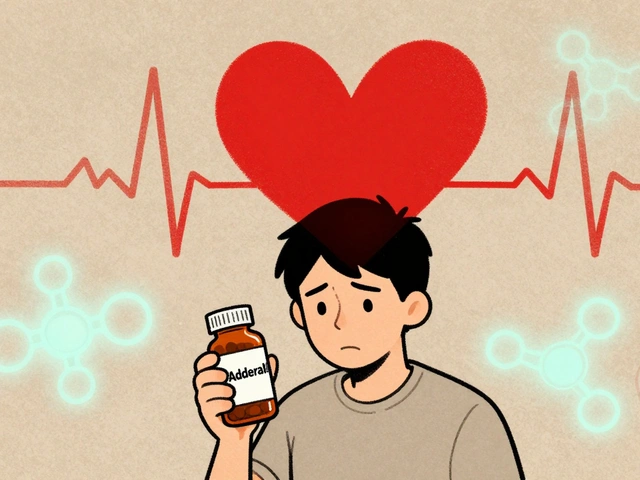Circadian Rhythm: Why Your Body Clock Matters and How to Keep It on Track
Ever feel groggy in the morning even after a full night’s sleep? Chances are your internal clock – the circadian rhythm – is off beat. It’s the 24‑hour cycle that tells your brain when to feel alert, when to release hormones, and when to rest. When it’s in sync, you sleep better, think clearer, and burn calories more efficiently. When it’s out of whack, you might struggle with weight gain, mood swings, or chronic fatigue.
Why Your Body Clock Affects Everything From Sleep to Mood
The brain’s master clock lives in the hypothalamus and listens to light, meals, and activity. Light is the strongest cue: bright morning sun tells the body to wake up, while dim evening light signals it to wind down. Hormones like melatonin surge at night to help you fall asleep, and cortisol spikes in the morning to boost alertness. Disruptions – late‑night screen time, shift work, or jet lag – scramble these signals, leading to fragmented sleep and higher stress hormones.
Research shows that a misaligned rhythm can raise blood sugar, increase appetite, and even weaken immune response. In simple terms, if your clock tells you it’s still “daytime” at 10 pm, you’ll likely snack more, feel anxious, and struggle to fall asleep. Over months, that pattern can contribute to weight gain, depression, and higher risk of heart disease.
Simple Ways to Keep Your Rhythm in Sync
1. Get sunlight early. Spend 15–30 minutes outside within an hour of waking. Natural light tells your brain it’s daytime and sets the clock for the rest of the day.
2. Limit blue light after sunset. Switch off phones, tablets, or use a blue‑light filter after 8 pm. Dim lighting helps melatonin rise naturally.
3. Keep meals on a schedule. Eating at consistent times trains the digestive system and reinforces the clock. Try to have breakfast, lunch, and dinner around the same hour each day.
4. Move your body. A short walk or light exercise in the morning boosts cortisol for alertness, while gentle stretching or yoga in the evening calms the nervous system.
5. Stick to a bedtime routine. Reading, warm shower, or deep‑breathing for 20 minutes signals to your brain it’s time to wind down. Consistency matters more than the exact hour.
6. Watch caffeine and alcohol. Cut off caffeine after noon and limit alcohol a few hours before bed. Both can delay melatonin release and disturb sleep cycles.
7. Consider “clock‑friendly” meals. Light, protein‑rich snacks in the evening – like Greek yogurt or a handful of nuts – avoid heavy carbs that can spike blood sugar and keep you awake.
If you travel across time zones, try to adapt to the new schedule a day early: shift sleep and meals by an hour each day, and use sunlight exposure at the destination’s morning to reset the clock quickly.
By treating your circadian rhythm like a daily habit instead of a vague concept, you’ll notice steadier energy, better focus, and fewer cravings. It’s not about a strict regimen; it’s about small, repeatable actions that align your body’s natural rhythm with the world around you.
So next time you reach for your phone at night, remember the clock is ticking. A few minutes of light‑free time can make the difference between a restless night and a refreshed morning.

- Sep 22, 2025
- Posted by Cillian Osterfield
Shift Work Disorder: Symptoms, Causes & Effective Treatment
Explore what shift work disorder is, its tell‑tale symptoms, why it happens, and the most effective treatment options for night‑shift workers.
Categories
- Health and Wellness (72)
- Medications (72)
- Health and Medicine (28)
- Pharmacy Services (12)
- Mental Health (9)
- Health and Career (2)
- Medical Research (2)
- Business and Finance (2)
- Health Information (2)
Latest Posts
©2026 heydoctor.su. All rights reserved





